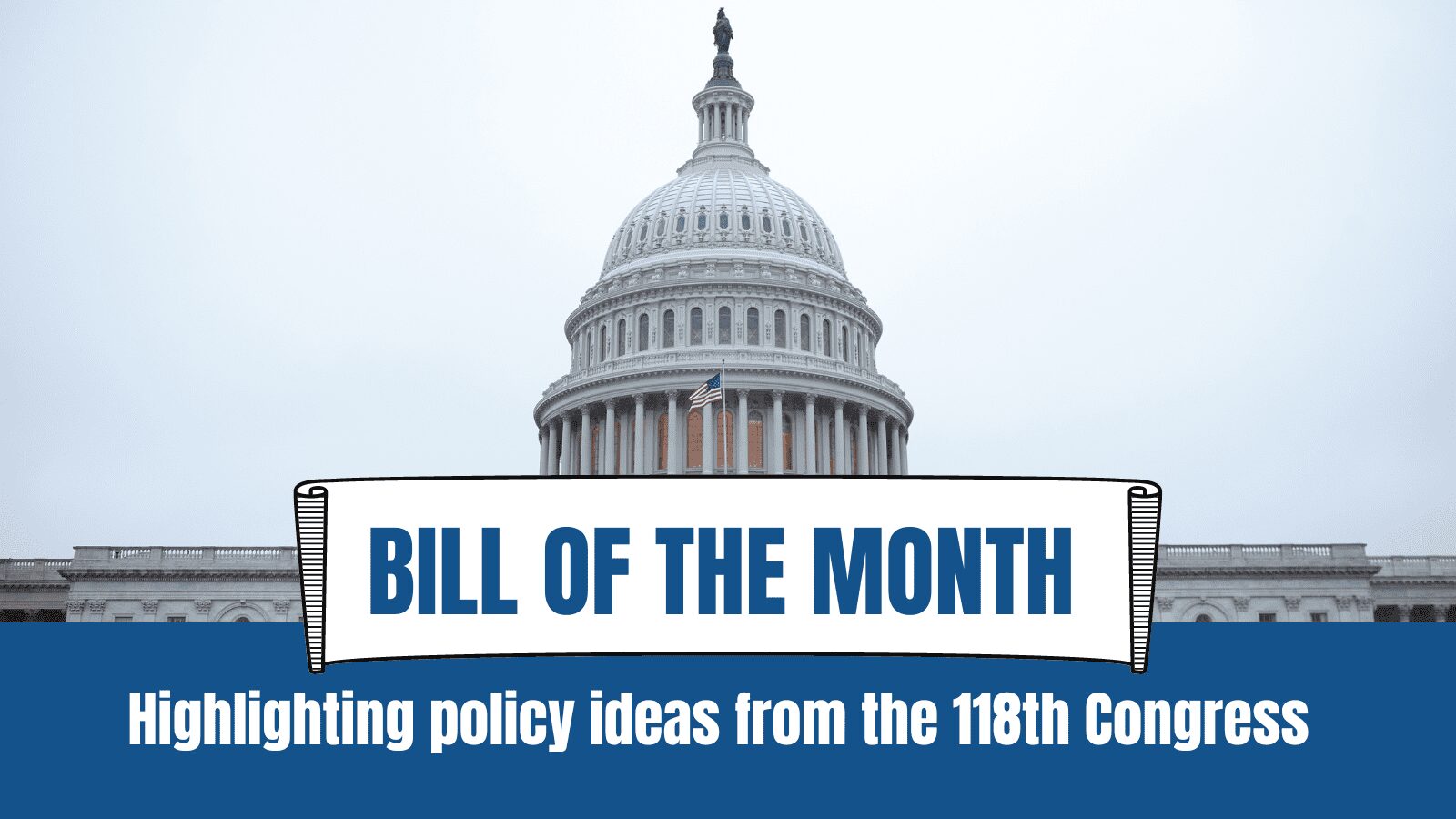
Bill of the Month — January 2023: TRUST In Congress Act
Michael Mohr-Ramirez
January 20, 2023
The Taxpayers Protection Alliance’s (TPA) Bill of the Month for January 2023 is the Transparent Representation Upholding Service and Trust (TRUST) in Congress Act, introduced by Reps. Abigail Spanberger (D-Va.) and Chip Roy (R-Tx.). This legislation would enact restrictions on members of Congress trading stocks while serving in public office.
The history of congressional stock trading dates to the nation’s infancy. In 1789, members of Congress and Assistant Secretary of the Treasury (William Duer) used insider knowledge from the department and the Funding and Assumption Act of 1790 to buy state-backed war bonds, which would later triple in value when they were absorbed by the federal government. While Congress routinely enforced stricter measures on the executive branch, the Senate and House did not establish internal ethics committees until 1964 and 1967, respectively.
In 1977, following the Watergate scandal, the 95th Congress created the Obey Commission, which resulted in the institution of financial disclosures relating to outside income sources, gifts, franking privileges, and travel expenses. The following year, the Ethics in Government Act of 1978 created similar disclosure rules for the executive branch.
In 2006, during the 109th Congress, Reps. Brian Baird (D-Wash.) and Louise Slaughter (D-N.Y.) introduced the Stop Trading on Congressional Knowledge (STOCK) Act. The STOCK Act requires senior officials in the executive branch, lawmakers, their immediate family, and their staffs to report all securities trades worth more than $1,000 within 30 days of being informed of the transaction, and no more than 45 days after the transaction occurred.
Despite what happened in 2006, little legislative action was taken until 2007 when the Honest Leadership and Open Government Act began requiring the Clerk of the US House of Representatives to publish financial disclosures online, increasing transparency for taxpayers. Shortly thereafter, the House would create the Office of Congressional Ethics, a staff-run body that investigates allegations of ethics violations, including those related to securities trading.
However, the legislative history of congressional stock trading has not deterred members from trading while serving in office. The New York Times found that in the 116th Congress, 183 members reported trades and 97 members of Congress reported trades that aligned with a committee on which they serve. These concerning figures come as a reminder of why 70 percent of Americans want Congress to ban stock trading for members.
TRUST In Congress Act:
This legislation would require members of Congress and their immediate families to put securities, commodities, futures, and other comparable holdings into a qualified blind trust for the duration of their time in Congress. Assets in the qualified blind trust would be managed independently.
The TRUST in Congress Act takes a significant step towards restoring public faith in Congress. Elected members should be more concerned with the impact their proposals have on the public, not their portfolios.
It is for these reasons, among others, that TPA is proud to make the TRUST In Congress Act, introduced by Reps. Spanberger and Roy, its Bill of the Month for January 2023.
